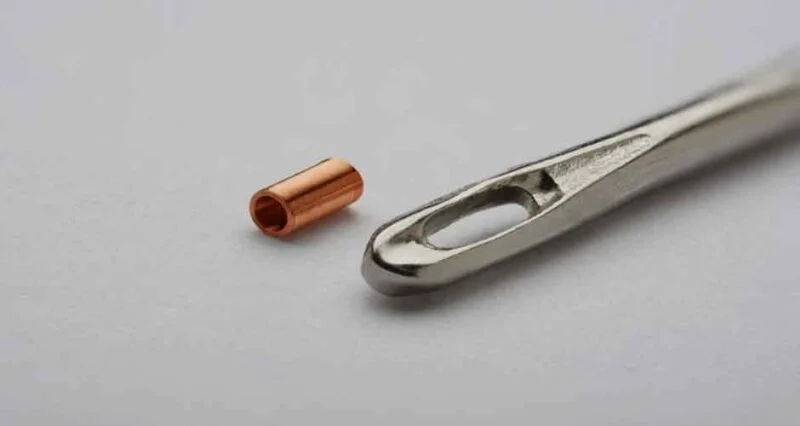
Microcoils are critical when it comes to medical devices. With the complexity of medical procedures, it is becoming very important that medical devices are getting smaller in size. As a result, micro coils are very suitable in order to accommodate such demands. The smaller size, higher surface area, and improved customization of the micro coils enable them to perfectly fit into the devices.
Micro coils have a wide application – across industries such as defense, automobiles, and medical industry. Within the medical industry, some of the key applications include –
- Medical imaging, when used as MRI coils for diagnosis of areas of abnormality.
- Cardiac ablation, wherein the micro coils are used as catheter coils
- Minimally invasive procedures, wherein the micro coils are used with guidewires
- Localized drug delivery, when paired with medications to reach inaccessible areas.
But, have we ever wondered – what is so special about micro-coils? It is time for us to find it out!
What makes micro coils unique?
Here is what makes micro coils stand out –
- Microcoils are minimally invasive in nature. They are very thin in size – even thinner than human hair – which makes them suitable for minimally invasive procedures too.
- The size, flexibility, precision, and control of micro coil devices make them really stand out. What it necessarily means is that the micro coil devices can be manufactured for different uses, based on their targeted application.
- The chances of tissue damage are very low when using micro coils. One key reason is the biocompatibility of the human body, which makes them stand out.
- Magnetic resonance is one of the most critical applications of micro coils. Not having any interference with the magnetic response enables them to be used in MRI applications – offering real-time guidance with the diagnosis.
- Microcoils can easily be customized based on their requirements. What it necessarily means is that every requirement has a solution – when it comes to micro coils.
Importance of quality control in micro coil devices
It is important to understand that micro coils are being used for medical purposes. The fact that they are going to be an intricate part of the human body, it is very necessary to maintain certain key procedures for the safety and quality of the micro-coil devices. Some of the steps that are taken to ensure the quality control:
1. Test for biocompatibility:
Micro coils are tested for biocompatibility to ensure that they don’t react within the human body. the aim is pretty clear they should not cause any harm to the body tissues.
2. Radio opacity of the micro coils:
For the micro coils that remain embedded within the human body, it is important that they are not opaque when exposed to radio waves. They should not be blocking the visibility, when the body goes under an X-Ray.
3. Tolerance testing:
Micro coils should be tested for tolerance – mechanical, physical, heat, and dimensional. Deviations from the required size can affect the performance of the medical devices – thus it becomes a hygiene factor too.
In conclusion, micro coils have a very deep application, within the medical device industry – which requires them to be of high medical-grade standard, and quality – for better efficacy.


